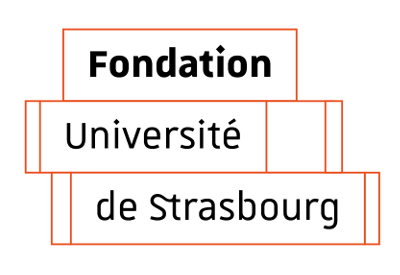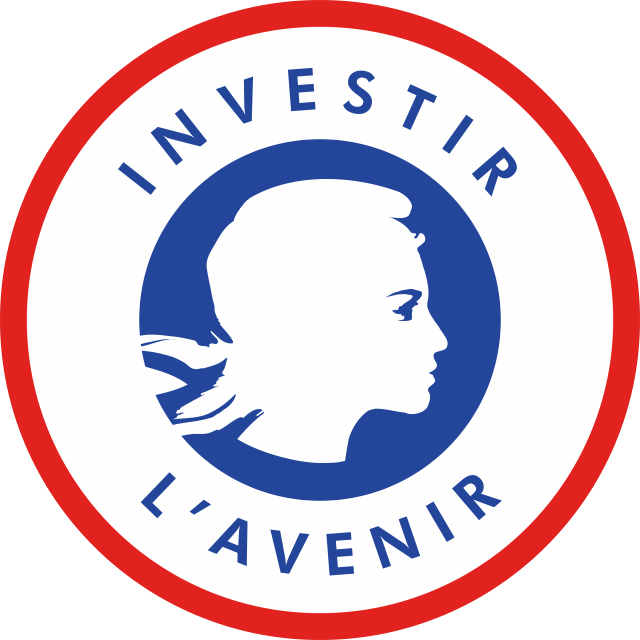Analysis
- Cours (CM) 10h
- Cours intégrés (CI) -
- Travaux dirigés (TD) 30h
- Travaux pratiques (TP) -
- Travail étudiant (TE) -
Langue de l'enseignement : Anglais
Enseignement proposé en : en présence
Niveau de l'enseignement : B2-Avancé - Utilisateur indépendant
Description du contenu de l'enseignement
1.Functions: This part is composed of 5 chapters. In the first chapter we define the domain of a function. After this we study polynomial function particularly affine function and second order polynomial functions. In this chapter also, we deal with equations, sign table of a function and inequalities. In the second chapter we define the concept of limit of a function at a point and in an interval. Using this limits we study continuity of a function. We study elementary function. We define convex functions and periodic functions. The third chapter is devoted to differentiability and variations of functions. In the fourth chapter, we deal with exponential function exp. The last chapter of this part will be concerned by the logarithmic function.
2. Integration: This chapter is an introduction and an initiation to elementary integration. Here we define a primitive of a function. Using this primitive one should be able to calculate the integral of a function between to real numbers. At the end of the chapter we show how to calculate the area of a domain by using integrals.
3. Linear Differential Equations: Here we define a first order differential equation and what we mean by linear. After this we explore the first order homogeneous differential equations.
2. Integration: This chapter is an introduction and an initiation to elementary integration. Here we define a primitive of a function. Using this primitive one should be able to calculate the integral of a function between to real numbers. At the end of the chapter we show how to calculate the area of a domain by using integrals.
3. Linear Differential Equations: Here we define a first order differential equation and what we mean by linear. After this we explore the first order homogeneous differential equations.
Compétences à acquérir
The objective of this course is: -To learn how to evaluate limits associated with a range of rational and transcendental functions, know how to calculate limits using L’ Hôpital’s Rule, and recognize common exceptions where limits do not exist; - Use a working knowledge of limits to evaluate basic derivatives; - Calculate the derivatives of elementary functions using a variety of tools including the product rule, quotient rule, chain rule; and be able to apply implicit and logarithmic differentiation; - Use calculus to characterize the graph of a function and characterize local and global extrema; - Work with introductory concepts of continuity and differentiability, and be able to work with important ideas associated with fundamental theorems including the Fermat’s Theorem, the Mean Value Theorem, and Rolle’s Theorem. - To teach how to solve first order linear differential equations.
Contact
Responsable
Ulviyya Abdulkarimova






